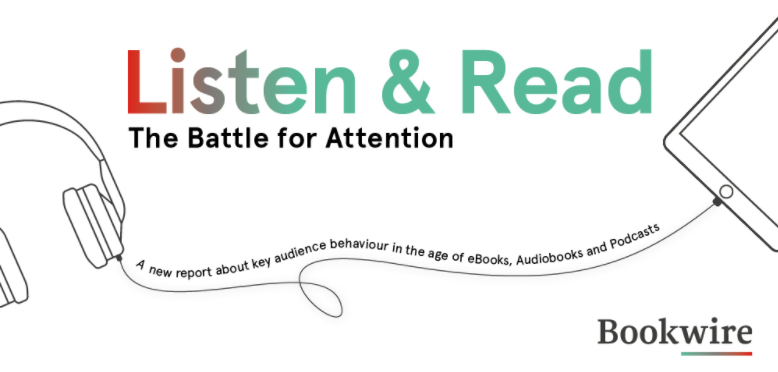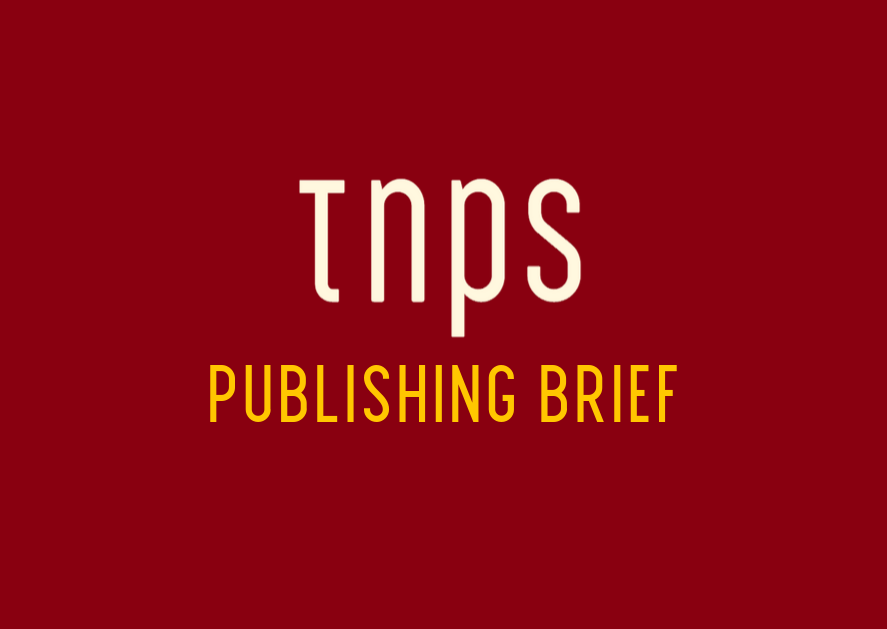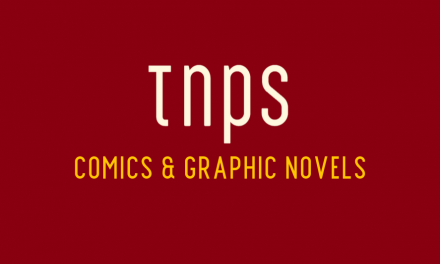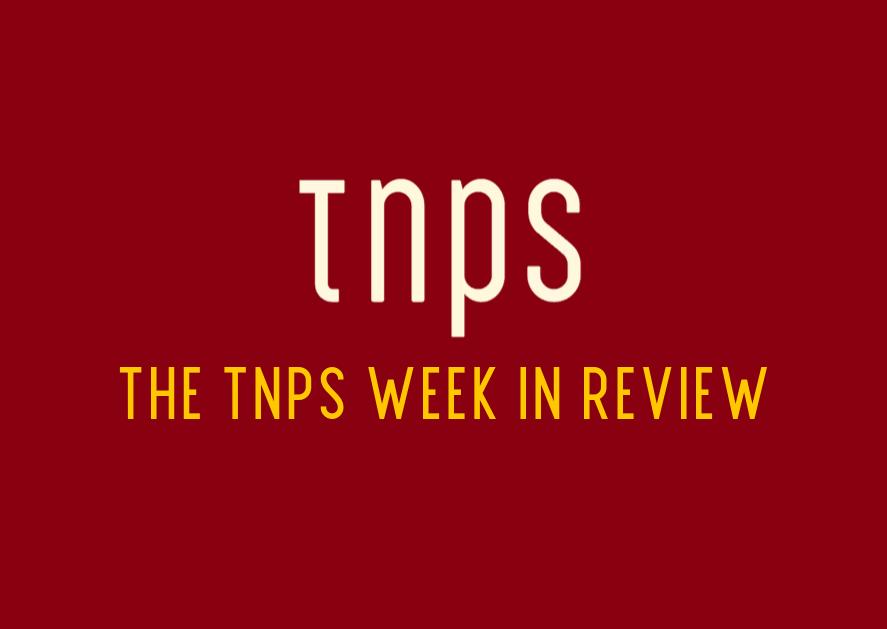Ebooks, audiobooks and podcasts have become mainstream. Ebooks, audiobooks and podcasts are complementary media that only cannibalise each other to a minor extent. Gen Z would rather pay for access in subscription models over individual purchases. Publishers who want to reach them shouldn’t pass by the major audio platforms.
The latest report from Bookwire makes for essential reading for anyone in publishing wanting data on the cost and benefits of digital media. Do audiobooks and podcasts cannibalise ebooks? It seems not. rather, says, Bookwire, they act in a “mutually reinforcing manner.”
I’ll be taking a deep dive into Bookwire’s report this week.

For today, just the key summary points, in Bookwire’s own words.
- Ebooks, audiobooks and podcasts have become mainstream. People often use two or three of these media in parallel.
- Ebooks, audiobooks and podcasts are complementary media that only cannibalise each other to a minor extent.
- The three media interact in a mutually reinforcing manner.
- Ebooks have fans and are more than “just” practical. And they still allow room for printed books.
- Gen Z love to listen; baby boomers enjoy reading.
- Parallel users of the three media examined are in the middle generations, Gen Y and Gen X, and are usually “heavy users”.
- Gen Z would rather pay for access in subscription models over individual purchases. Publishers who want to reach them shouldn’t pass by the major audio platforms.
- Families have a strong affinity for media – and on average use several digital media in parallel.
- People often actively search for content – discoverability is essential.
- Podcast use is focused, and podcast users are loyal listeners.
- Digital audiobooks and podcasts are often accompanying media that people also enjoy using on the move.
- Smart speakers are becoming increasingly relevant.
Access the full report as PDF or spoken word, in English or German, here.
Stay tuned to TNPS through the week for further analysis.





